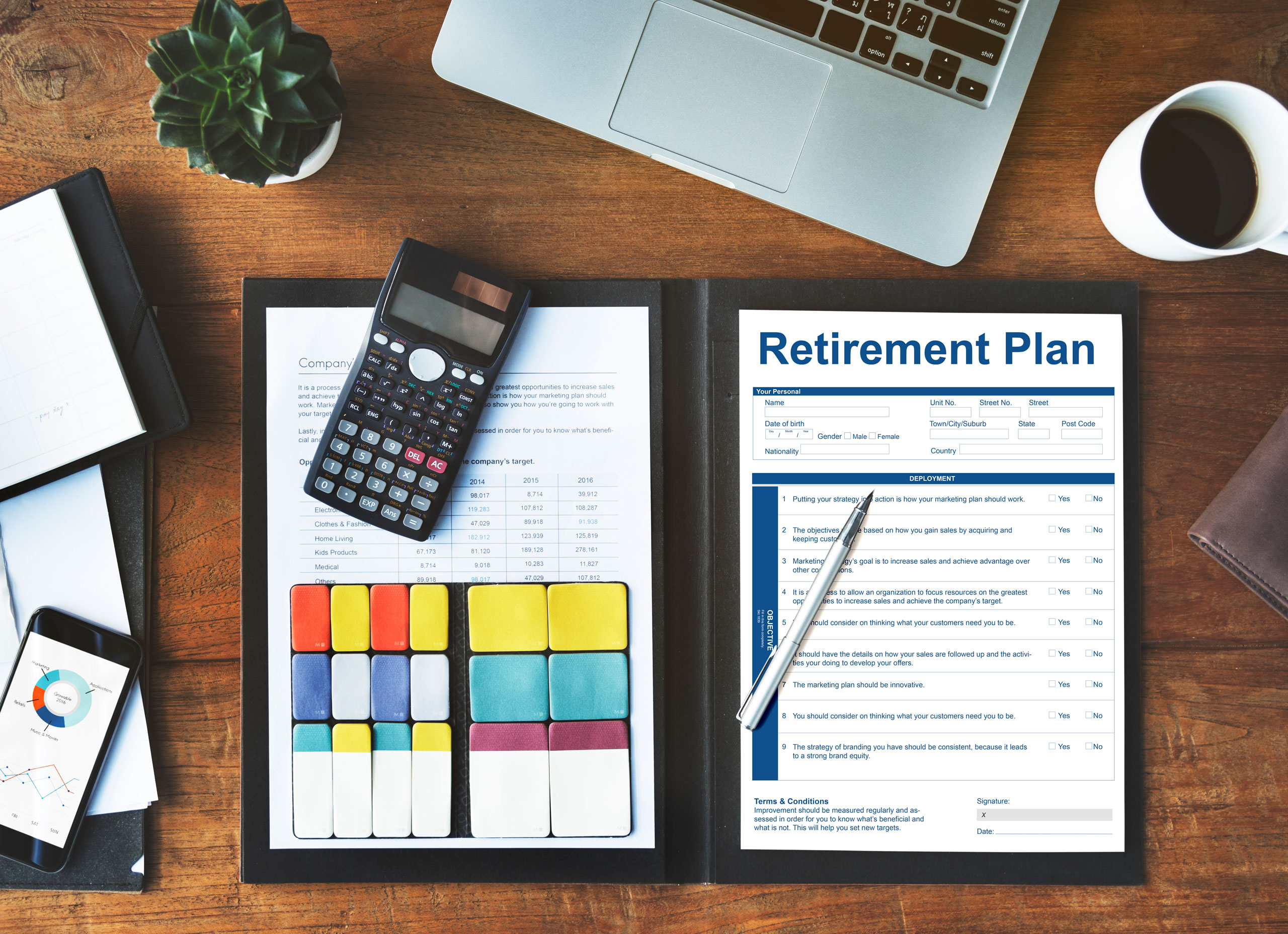
06 Oct Everything You Need To Know About Superannuation And Pension Eligibility
Whether you’re nearing retirement or you’ve just joined the workforce, then this blog on superannuation and pension eligibility is for you. Superannuation is essentially the income you will live off when you choose to no longer work. The larger your nest egg the more comfortable your retirement. This is a healthy supplement to the government Age Pension, which is only designed to help you survive, not thrive.
The Age Pension serves as a buffer for those who do not have enough super and most people, women, in particular, will receive part or full pension when they reach the age of eligibility.
Keep reading to find what your superannuation and pension eligibility means for you.
Superannuation and self-managed super funds
Superannuation is a compulsory system of depositing a percentage of your income, a minimum of 10%, into a super fund to provide for your financial needs in retirement. You begin to earn super when you begin work and typically this is paid by your employer directly into your super fund. Superannuation is a long-term investment that grows over time. Here your money is managed by your super fund until you retire.
Alternatively, you may choose a self-managed super fund (SMSF) as your investment strategy. As the name suggests, you are responsible for managing your super and for complying with super and tax laws. This option is not for everyone – it’s a big financial decision that requires a lot of time and skills to navigate.
It is important to note that it is illegal to access your super early without meeting the conditions of release. Attempting to create a SMSF for early access to purchase a holiday home or home decor artwork is illegal.
It is best to discuss what’s best for you in terms of your superannuation and pension eligibility options with the experts – here at Conrad Carlile we can do just that.
Eligibility for the Age Pension
The pension is government funding designed to assist with basic living expenses and is targeted at helping those in need. In order to receive the Age Pension, you’ll need to pass the means test to determine your financial benefits.
If you successfully meet all financial eligibility criteria you’ll need to be sure you’re of eligible age. Currently, you can access the pension at 66 years and 6 months for people born from the 1st July 1955 to the 31st of December 1956. However, if you were born on the 1st of January 1957 onwards, you’ll have to wait until 67 years of age to access it.
There are two tests that are taken to determine your pension eligibility.
- The Assets Test
To assess your eligibility, the government sets asset thresholds across an array of situations. This test does not include your home. For every $1,000 over the asset value threshold you have, your pension reduces by $3.00.
- The Income Test
In addition to the asset threshold, the government sets an income threshold covering a range of situations. Income earned from any job or investment that is in excess of the threshold will result in a reduction of 50 cents for every dollar for single pensioners or 25 cents per person in a couple.
You will be entitled to receive the smaller pension resulting from either test. The Age Pension is classified as taxable income; however, if this is your sole income you will not be required to pay tax as this will fall below the tax-free threshold.
If you want to find out more information on how you can future proof your financial security in retirement, or just want to figure out your superannuation and pension eligibility, get in contact with our friendly team of experts today.


